To apply for support through the WiFi4WB initiative, municipalities need to follow these steps:
Step 1: Register Your Municipality
Before applying to the public call, municipalities must first register on the WiFi4WB platform. If your municipality has not yet registered, follow these simple steps to create a profile:
- Click the "Register" button located in the top-right corner of the web page or click on the following link: REGISTER
- Complete the registration form by providing the basic details about the municipality.
- Submit the form to officially create your municipality’s profile, which will be used for the application process.
Step 2: Apply to the Public Call
The call for application opens on 28 March 2025. and it will remain open until 28 April 2025. Once your municipality is registered, log into your profile and complete the application form directly on the website. For the application process you will need to:
1. Submit Proof of Agreement
Upload a signed PROOF OF AGREEMENT (downloading link) from the Mayor or Head of Municipality confirming the municipality’s participation in the initiative.
2. Nominate and Describe Wi-Fi Network Locations
Nominate up to three locations for free Wi-Fi network installation. As only one location will be selected, the order of listing is crucial, with the first-ranked location being considered the municipality’s top preference and receiving priority in the selection process. Provide essential details about each proposed location, including size (in square meters), whether it is an indoor or outdoor space, existing internet infrastructure, and any permit requirements. If permits are needed, confirm the municipality’s commitment to securing them.
3. Acknowledge the Municipality’s Commitment
By submitting an application, the municipality agrees to participate in the WiFi4WB initiative and receive free public Wi-Fi, including technical equipment, installation, and maintenance for up to three years. The exact timeframe will be determined once internet service providers are selected. After this fully funded period, the municipality commits to covering the cost of internet service for at least one additional year. This ensures continuity and supports the long-term sustainability of public internet access.
Data Protection and Confidentiality
GIZ processes all personal data in strict compliance with the European General Data Protection Regulation (GDPR) and the German Federal Data Protection Act (BDSG). Personal data is collected only to the extent necessary for the application process, entered into a secure system, and stored in accordance with data protection regulations. This information will not be shared with third parties. Applicants may withdraw their consent at any time.
Further details on data protection can be found on the WiFi4WB website under Data Protection Policy.
 Login
Login  Register
Register 
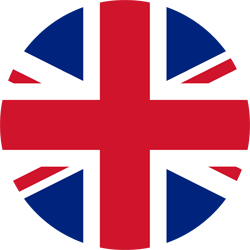 EN
EN

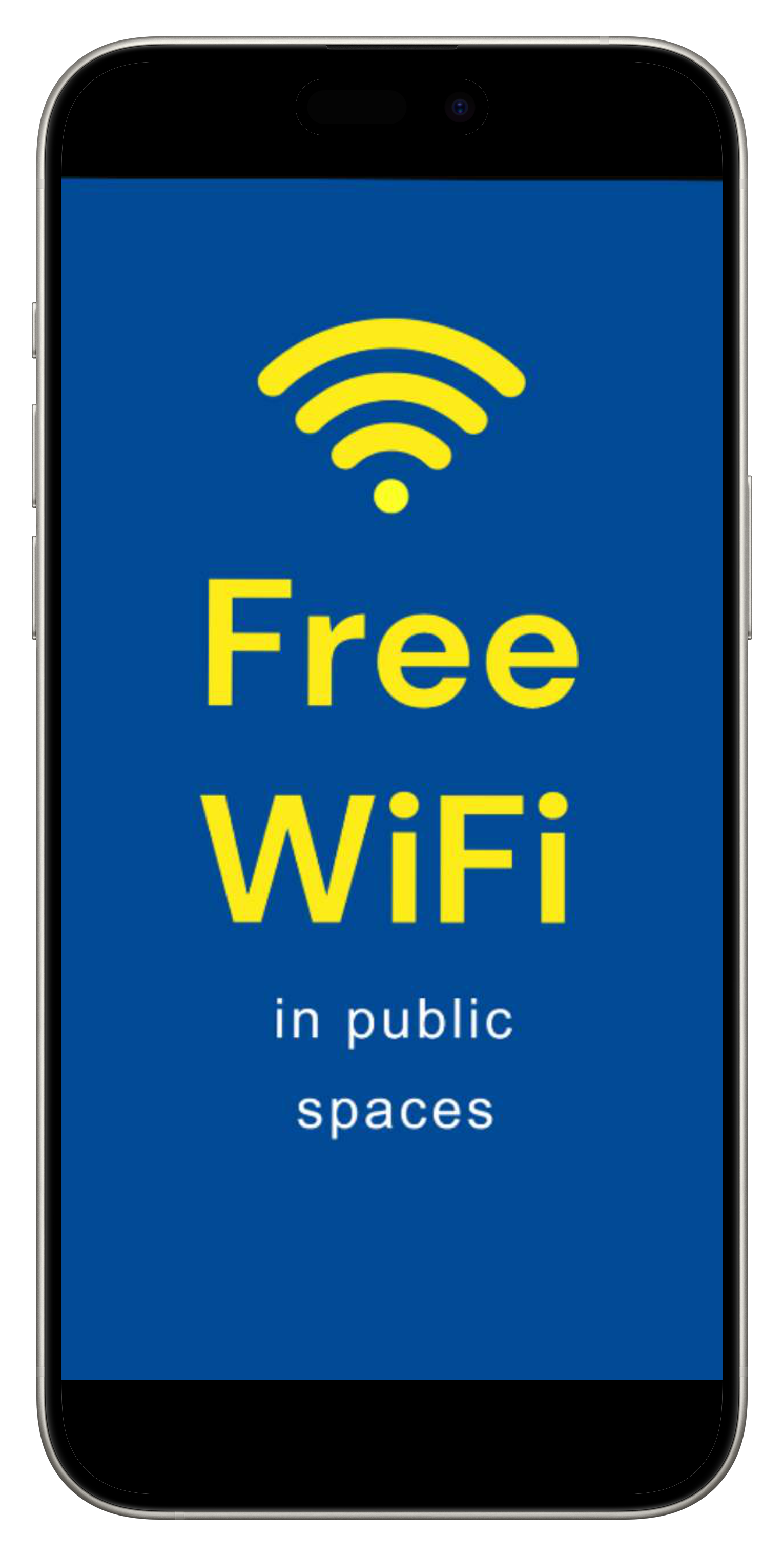


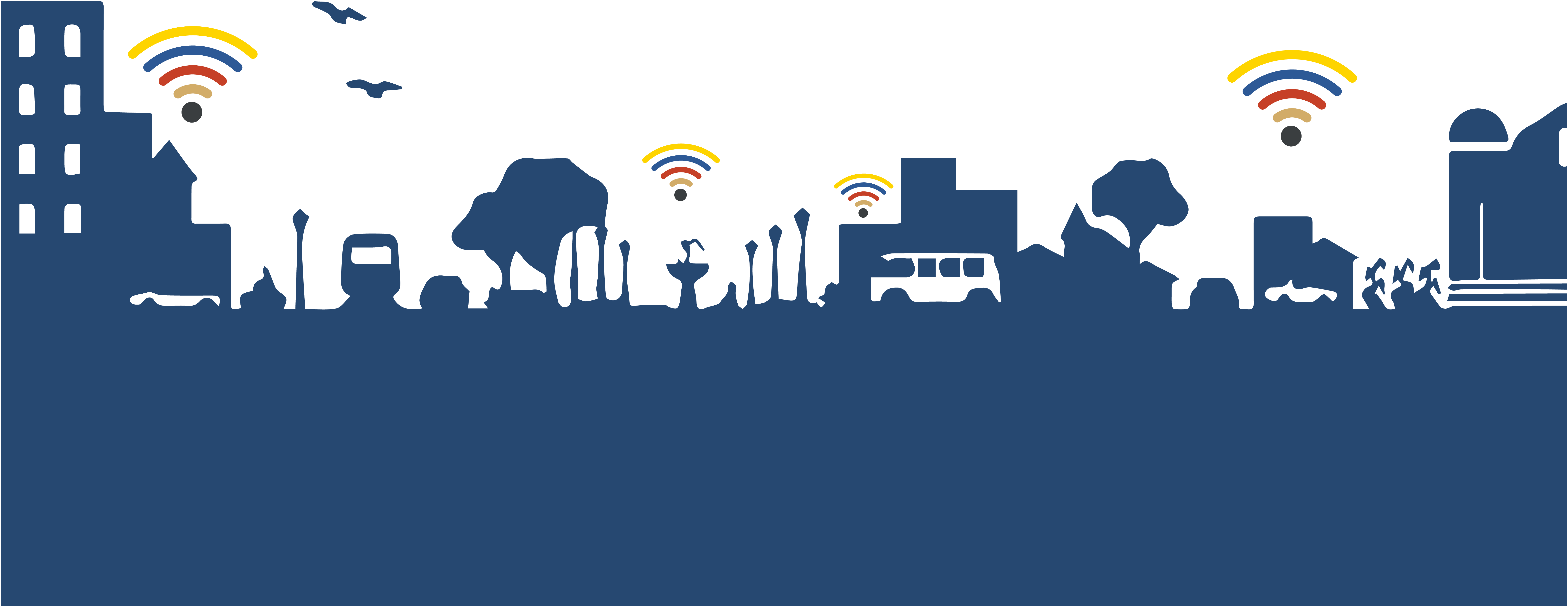
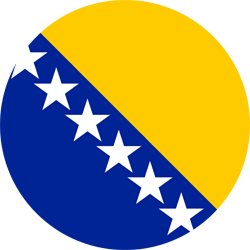 Bosnian
Bosnian
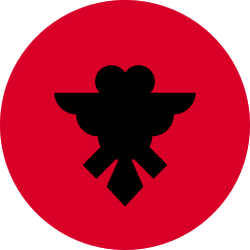 Albanian
Albanian
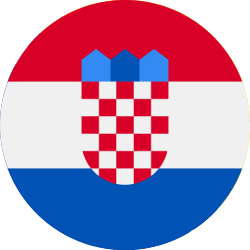 Croatian
Croatian
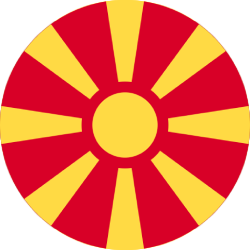 Macedonian
Macedonian
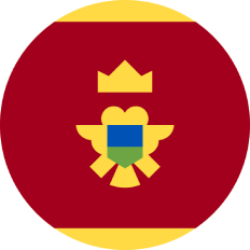 Montenegrin
Montenegrin
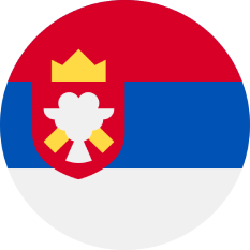 Serbian
Serbian